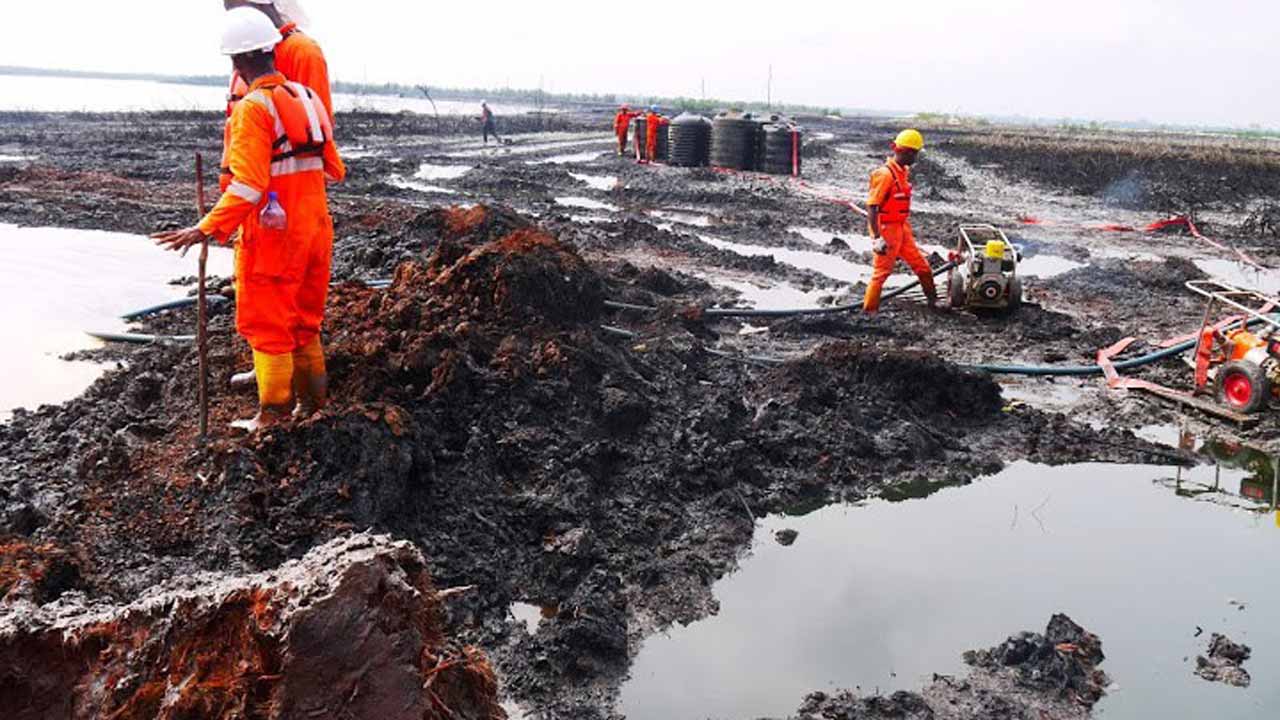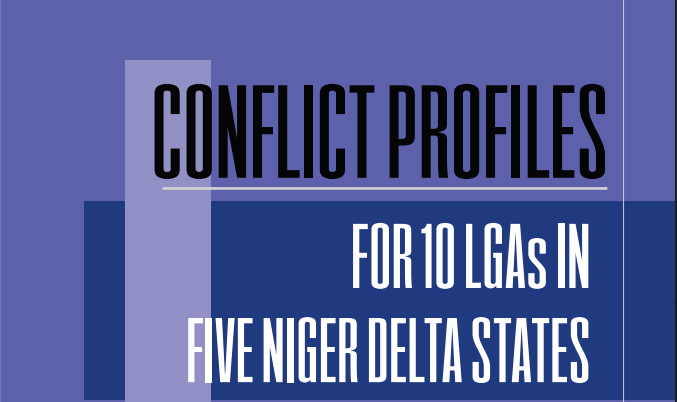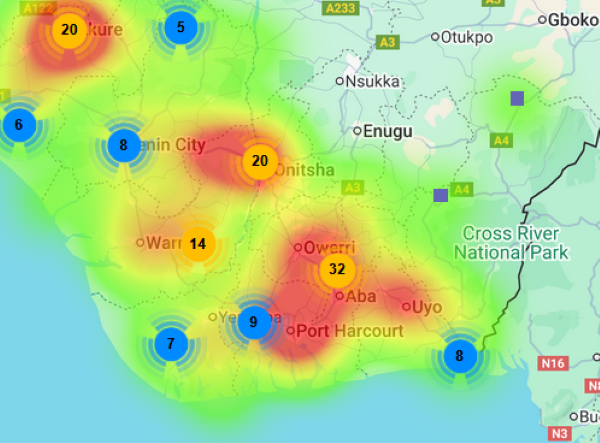
Friends of the Earth Nigeria urges Governors to set up Labs to Manage Oil Spills
May 16, 2017
A Guide to SDGs interactions: from Science to Implementation
May 18, 2017Over 80% of the conflicts in the Niger Delta are resource-based. Often, such conflicts induce boundary claims that further propagate violence. In the non-oil producing agrarian communities of Delta, Bayelsa and Rivers states, incidents of prolonged conflicts often involve land. The inhabitants of these non-oil producing communities are highly reliant on arable farming and fishing for their livelihoods and food security. This has generated unhealthy competition especially where the lands are located on territorial boundaries.
Conflict is an inevitable consequence of human interactions. Several schools of thought define conflict as a form of competition over perceived or actual incompatible goals, values or limited resources . Depending on the nature of the parties involved, conflicts occur at different levels and can be classified as: intra-personal, inter-personal, intra-group, inter-group, intra-state, inter-state and international. Conflicts are also classified based on their causal issues: religious, political, social, and economic.
Peace and security experts add the categories of resource-based, information-based, value-based, and power-based conflicts. Whether peace builders are engaged in conflict prevention, resolution or transformation, a full understanding of the dynamics of communication and the perceptions of a conflict are imperatives for success. To effectively address conflicts, it is important to profile the conflict by identifying and understand its key actors, causes, issues and trends.
Download the full research document below









